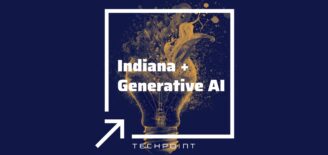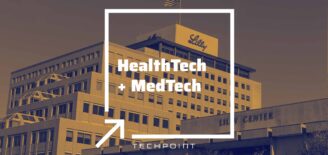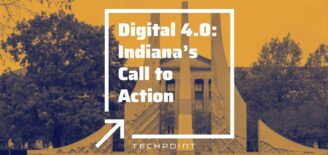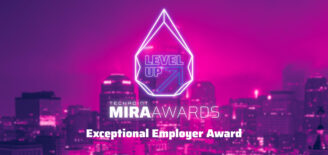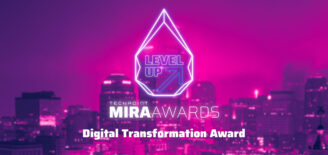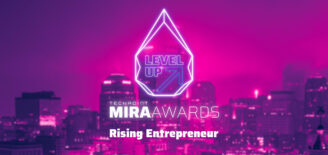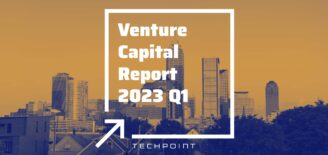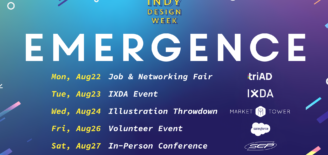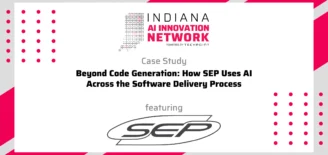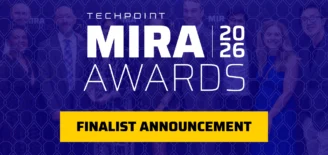Educating the educators: the key to a better talent pipeline?
When it comes to developing the tech talent pipeline, Infosys has continually been at the forefront of conversations and opportunities to attract and upskill talent. The Infosys Pathfinders Summer Institute, hosted at IU Bloomington from July 14-19 and managed by Infosys Foundation USA, takes a broader approach to the talent pipeline by training teachers in the tools and skills needed to prepare their students for a future in tech.
The institute began in 2018, and the inaugural class of teachers followed several learning tracks to gain skills to deploy in their classrooms. From robotics programming to makerspaces, the institute opened doors for teachers whose students may never have encountered anything like this before. From last year’s class, 107 teachers have returned for Pathfinders Summer Institute 2019.
Using Infosys’ national reach to recruit them, this year’s institute has accepted 450 teachers from 45 states and the District of Columbia; of those, 92 hail from Indiana. As the state moves forward on mandatory computer science education in K-12 schools by 2021, teachers are seeking avenues to master the skills needed to properly instruct students on computer science.
During the institute, the teachers will spend a week in training sessions, networking with each other and hearing from plenary speakers (Governor Holcomb was a keynote last year). The diversity of experiences available to the teachers is something they find extremely valuable, according to Kate Maloney, executive director at Infosys Foundation USA. “We’re not providing only one professional development opportunity that we’re asking everyone to sign up for,” she said. “Going into it, the teachers had a menu to select from, including 16 different courses they could choose from that are best suited for their unique capabilities.”
Nextech serves as Infosys’ local partner in implementing the workshops and training sessions that comprise the institute’s curriculum. As it demonstrates through its initiatives, Nextech supports the introduction of computer science skills early in the learning process. “We know the importance of computer science and the valuable skills that students gain after taking a computer science course. Indiana is in need of skilled, comprehensive thinking and
The teachers themselves can undergo transformative experiences during the institute as they are introduced to the potential in computer science. “My number one goal with all my students is to turn them on to learning, to get them excited about learning,” said Donna Hopkins, a middle school science teacher at William Penn in Indy who’s attending her first institute. While she’s not a computer science teacher, Donna plans to share the institute’s concepts and lessons with her advanced learners and ignite a similar passion to what drives her. “I’m a lifelong learner. I will always be learning something. I want to learn something. I have that inner drive within me. If I can foster that in my students, I will be happy,” she said.
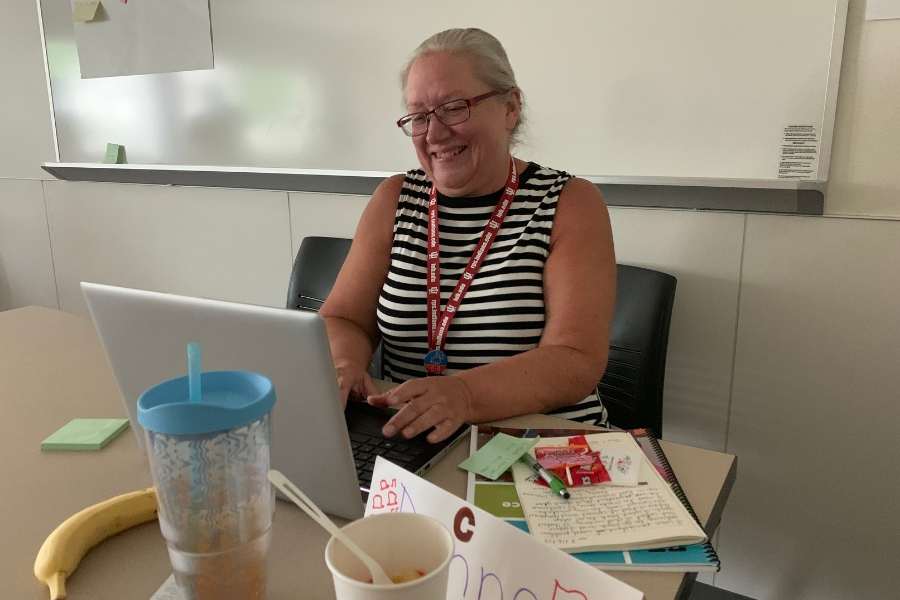
Access to educational opportunities is key to tech success, and the institute helps to level out some of the barriers teachers and students face. More than half of the Indiana teachers are from rural communities, which are already in the midst of a massive broadband internet access campaign, and 64 of the 116 Indiana teachers come from Title I schools, a designation given to schools serving disadvantaged students. Increased access to internet services can introduce coding opportunities early school curriculum in these communities through programs like the national Hour of Code initiative, spearheaded locally by TechPoint Foundation for Youth. Invariably, teachers will need to be informed and trained on these options to help their students discover paths into STEM degrees.
That’s a major long-term goal of this institute: introducing young learners to computer science in order to engage them in the tech talent pipeline. “Broadly speaking, the Foundation is trying to spark STEM interest in the early years so that students are getting that exposure. Then they’re teed up to stay focused on computer science, interested in pursuing it in college, and then linking into companies like Infosys and other corporate partners,” said Kate. “We want all of these companies to be the right opportunities for kids to deploy their computer science skills.”
The teachers graduating from the Pathfinders Summer Institute will contribute to the everyday conversations and teaching moments that lead kids into the talent pipeline. Infosys Foundation USA expects the program’s alumni to reach more than 20,000 students—with Indiana teachers alone reaching approximately 5,000 students—and the Foundation is already thinking about how to amplify that reach even further post-institute. “There’s a great in-person reaction that the interaction of the teachers have while they’re at the institute for the week, but we’re thinking, is there a way that we can extend that beyond the traditional social channels, to continue the learning outside of that week through online tools?” said Kate.
The institute creates a lasting impression through that in-person reaction and the energy and passion the teachers demonstrate, and at the end of the day, teachers walk away as part of a cohort dedicated to computer science instruction. “We’re building this community of practice and an alumni spirit that once you go through the Pathfinders program, you know—once and for all—you’re always an alumnus of our program,” said Kate.
Follow the Infosys Pathfinders Summer Institute conversation on Twitter.



